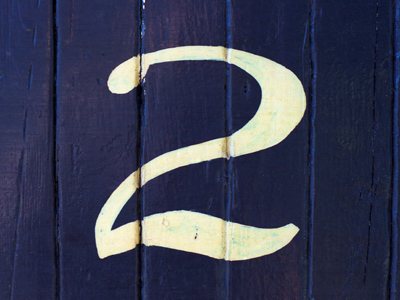
Ask the AI Tutor
Need help with Year 2 Calculation - Multiplication and Division By 2? Ask our AI Tutor!
AI Tutor - Lucy
Connecting with Tutor...
Please wait while we establish connection

If you can count in twos it will help you to multiply and divide by two as well.
Year 2 Calculation - Multiplication and Division By 2
Practise multiplying and dividing by 2. Make equal pairs, count in twos, and spot odd numbers that leave a remainder when shared fairly between two groups.
Question 1
I know that 2 x 15 = 30. What else do I know?
30 x 2 = 15
2 x 15 = 20
30 x 15 = 2
30 ÷ 15 = 2
If 2 groups of 15 makes 30, then 30 divided into 15 groups will mean 2 in each group
Question 2
What is 20 x 2?
22
40
10
12
Multiplying by 2 is the same as doubling a number
Question 3
How many 2s are there in 28?
16
14
10
8
Counting up in 2s until you reach 28 is helpful, as is halving 20 and halving 8
Question 4
Cars have 2 headlights. How many headlights will 5 cars have?
10
25
50
12
5 x 2 = 10
Question 5
Doubling is the same as...
dividing by 2
halving
adding the number to itself
subtracting over and over
To double 10, you would add 10 to itself: 10 + 10 = 20
Question 6
I put 20 children into pairs. How many pairs can I make?
2, because 20 ÷ 10 = 2
5, because 20 ÷ 10 = 5
20, because 20 ÷ 2 = 20
10, because 20 ÷ 2 = 10
We also know that 10 x 2 = 20
Question 7
What is the next number in this sequence: 2, 4, 6, 8, 10, ?
14
11
12
20
The numbers are going up in twos
Question 8
Is 45 in the 2 times table?
No, because it is an odd number
Yes, because it is an even number
Yes, because it has a 4 at the beginning
No, because it is too big
Multiples of 2 end with 2, 4, 6, 8 or 0
Question 9
What is half of 60?
2
20
3
30
Finding half is the same as dividing by 2. Knowing 6 ÷ 2 = 3 helps with 60 ÷ 2 = 30
Question 10
Which is the odd fact out?
6 x 2 = 12
12 ÷ 6 = 2
12 x 2 = 6
12 ÷ 2 = 6
12 x 2 = 24 not 6!
**Unlimited Quizzes Await You! 🚀**
Hey there, quiz champ! 🌟 You've already tackled today's free questions.
Ready for more?
Ready for more?
🔓 Unlock UNLIMITED Quizzes and challenge yourself every day. But that's
not all...
not all...
🔥 As a Subscriber you can join our thrilling "Daily Streak" against other
quizzers. Try to win a coveted spot on our Hall of Fame Page.
quizzers. Try to win a coveted spot on our Hall of Fame Page.
Don't miss out! Join us now and keep the fun rolling. 🎉
**Unlimited Quizzes Await You! 🚀**
Hey there, quiz champ! 🌟 You've already tackled today's free questions. Ready for more?
🔓 Unlock UNLIMITED Quizzes and challenge yourself every day. But that's not all...
🔥 As a Subscriber you can join our thrilling "Daily Streak" against other quizzers. Try to win a coveted spot on our Hall of Fame Page.
Don't miss out! Join us now and keep the fun rolling. 🎉






